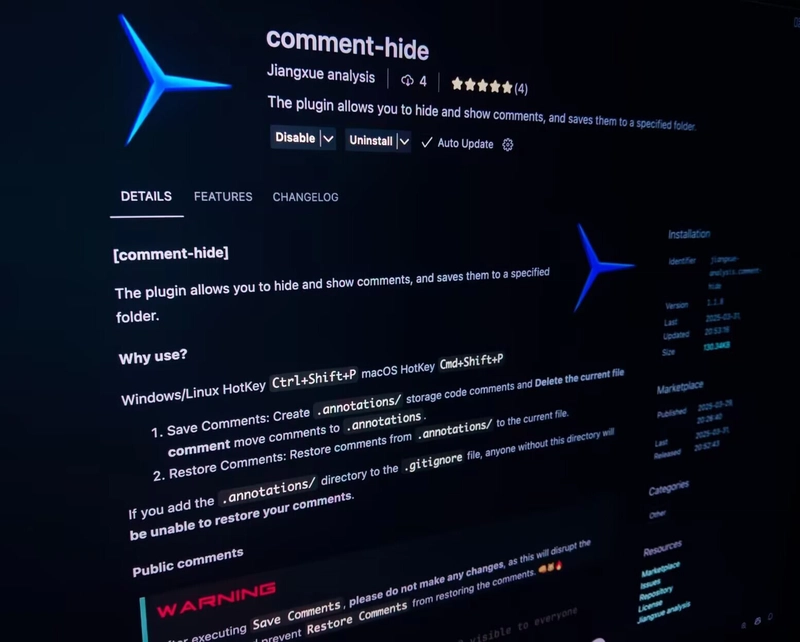What I Wish I Knew as a Junior Developer
When I first started as a developer, it felt like everything was a test. A test of my skills, my worth, my potential. I was surrounded by people who seem to know so much more, and I was constantly wondering if I’ll ever catch up. After completing two intense bootcamps, I entered the dev world with zero professional experience and a lot of questions. Was I good enough? Did I choose the right direction? Where would this road take me? There are a few things I wish I could go back and tell my junior self. Here are three valuable lessons to avoid my mistakes: 1. Your First Job Isn’t Everything, But the People Around You Are My first dev job looked great on paper: exciting clients, a fast-paced environment, lots of responsibility. But it was also toxic. Juniors were punished for asking questions, expected to study in their free time, and micromanaged down to the minute. I stuck around way too long, justifying it by saying, “I’m learning.” Lesson? Growth doesn’t come from being overworked. It comes from being supported. A healthy environment makes all the difference. ✅ Look for a team that gives feedback, encourages questions, and treats juniors like future seniors. ✅ Ask in interviews: “What’s your approach to onboarding and mentorship?” 2. Coding All Day Doesn’t Make You a Better Developer In the early days, I thought real developers coded 24/7. I burned myself out trying to keep up. I’d finish work, then jump into another course, another tutorial, another side project. Eventually, I learned to log off. To reflect instead of just grind. That’s when the real growth started. ✅ Balance is key. Progress isn’t about hours, it’s about intention. ✅ Start a Today-I-Learned (TIL) doc. Write things down. You'll retain more and reflect better. 3. Confidence Comes from Clarity, Not Perfection My first code review? I thought, "Does it work? Cool, merge it." But great reviewers, senior devs who really understood the architecture, asked different questions: Can this logic be reused elsewhere? Does this align with our component structure? Will this be readable six months from now? I didn’t have those instincts yet, but I watched, listened, and asked for feedback. That’s how I learned to review like a senior. Confidence didn’t come from perfect code. It came from knowing what I didn’t know and being open about it. ✅ Ask for feedback. Don’t wait for someone to offer it. ✅ When you get a review comment, thank them. It means they took the time to help you grow. Bonus: 3 Practical Tips for Early-Career Devs Find a mentor: Someone who can review your code, explain concepts, or just be a sounding board. Present early: Even if it’s just showing a small feature in your team standup. Visibility builds confidence. Track your growth: Keep a list of what you’ve learned, problems you’ve solved, and feedback you’ve received. You’ll be surprised how fast it adds up. If you're early in your dev career, here's what I'd say: Take notes. Track your wins. Present something small. Ask one brave question. And never forget: every senior dev was once a junior with doubts.

When I first started as a developer, it felt like everything was a test. A test of my skills, my worth, my potential. I was surrounded by people who seem to know so much more, and I was constantly wondering if I’ll ever catch up. After completing two intense bootcamps, I entered the dev world with zero professional experience and a lot of questions. Was I good enough? Did I choose the right direction? Where would this road take me? There are a few things I wish I could go back and tell my junior self.
Here are three valuable lessons to avoid my mistakes:
1. Your First Job Isn’t Everything, But the People Around You Are
My first dev job looked great on paper: exciting clients, a fast-paced environment, lots of responsibility. But it was also toxic. Juniors were punished for asking questions, expected to study in their free time, and micromanaged down to the minute. I stuck around way too long, justifying it by saying, “I’m learning.”
Lesson? Growth doesn’t come from being overworked. It comes from being supported. A healthy environment makes all the difference.
✅ Look for a team that gives feedback, encourages questions, and treats juniors like future seniors.
✅ Ask in interviews: “What’s your approach to onboarding and mentorship?”
2. Coding All Day Doesn’t Make You a Better Developer
In the early days, I thought real developers coded 24/7. I burned myself out trying to keep up. I’d finish work, then jump into another course, another tutorial, another side project. Eventually, I learned to log off. To reflect instead of just grind. That’s when the real growth started.
✅ Balance is key. Progress isn’t about hours, it’s about intention.
✅ Start a Today-I-Learned (TIL) doc. Write things down. You'll retain more and reflect better.
3. Confidence Comes from Clarity, Not Perfection
My first code review? I thought, "Does it work? Cool, merge it." But great reviewers, senior devs who really understood the architecture, asked different questions:
- Can this logic be reused elsewhere?
- Does this align with our component structure?
- Will this be readable six months from now?
I didn’t have those instincts yet, but I watched, listened, and asked for feedback. That’s how I learned to review like a senior.
Confidence didn’t come from perfect code. It came from knowing what I didn’t know and being open about it.
✅ Ask for feedback. Don’t wait for someone to offer it.
✅ When you get a review comment, thank them. It means they took the time to help you grow.
Bonus: 3 Practical Tips for Early-Career Devs
- Find a mentor: Someone who can review your code, explain concepts, or just be a sounding board.
- Present early: Even if it’s just showing a small feature in your team standup. Visibility builds confidence.
- Track your growth: Keep a list of what you’ve learned, problems you’ve solved, and feedback you’ve received. You’ll be surprised how fast it adds up.
If you're early in your dev career, here's what I'd say: Take notes. Track your wins. Present something small. Ask one brave question.
And never forget: every senior dev was once a junior with doubts.










































































































































































![[The AI Show Episode 144]: ChatGPT’s New Memory, Shopify CEO’s Leaked “AI First” Memo, Google Cloud Next Releases, o3 and o4-mini Coming Soon & Llama 4’s Rocky Launch](https://www.marketingaiinstitute.com/hubfs/ep%20144%20cover.png)















































































































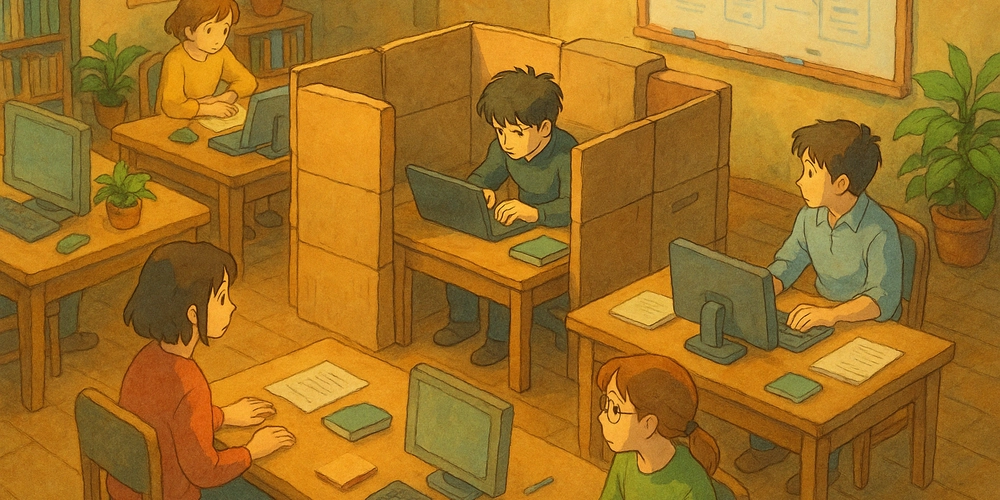
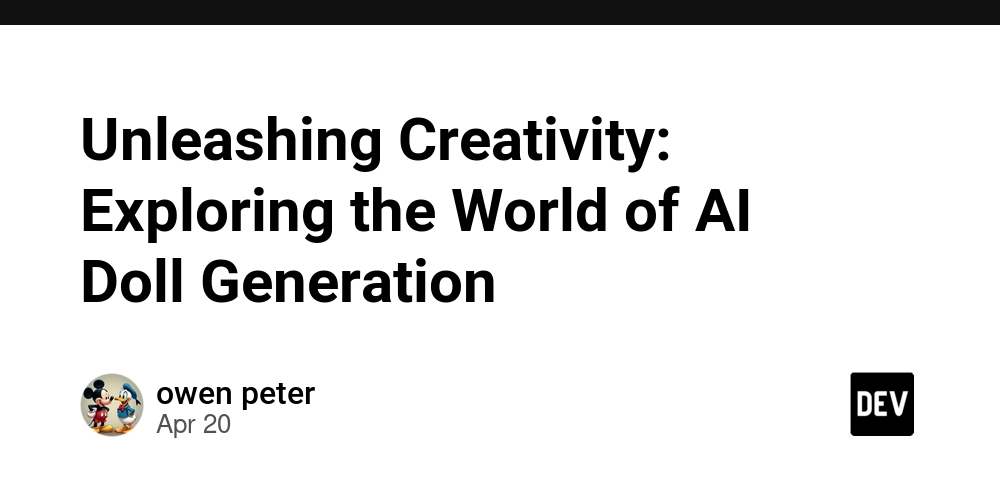
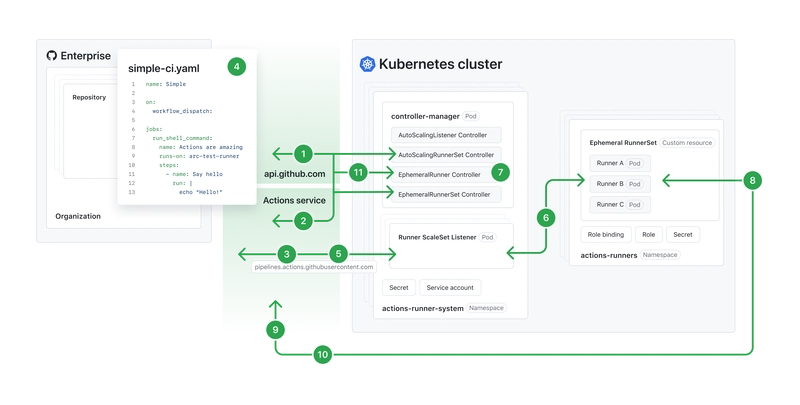
![[DEALS] The All-in-One Microsoft Office Pro 2019 for Windows: Lifetime License + Windows 11 Pro Bundle (89% off) & Other Deals Up To 98% Off](https://www.javacodegeeks.com/wp-content/uploads/2012/12/jcg-logo.jpg)





































![Is this too much for a modular monolith system? [closed]](https://i.sstatic.net/pYL1nsfg.png)






















































































































_Andreas_Prott_Alamy.jpg?width=1280&auto=webp&quality=80&disable=upscale#)


























































































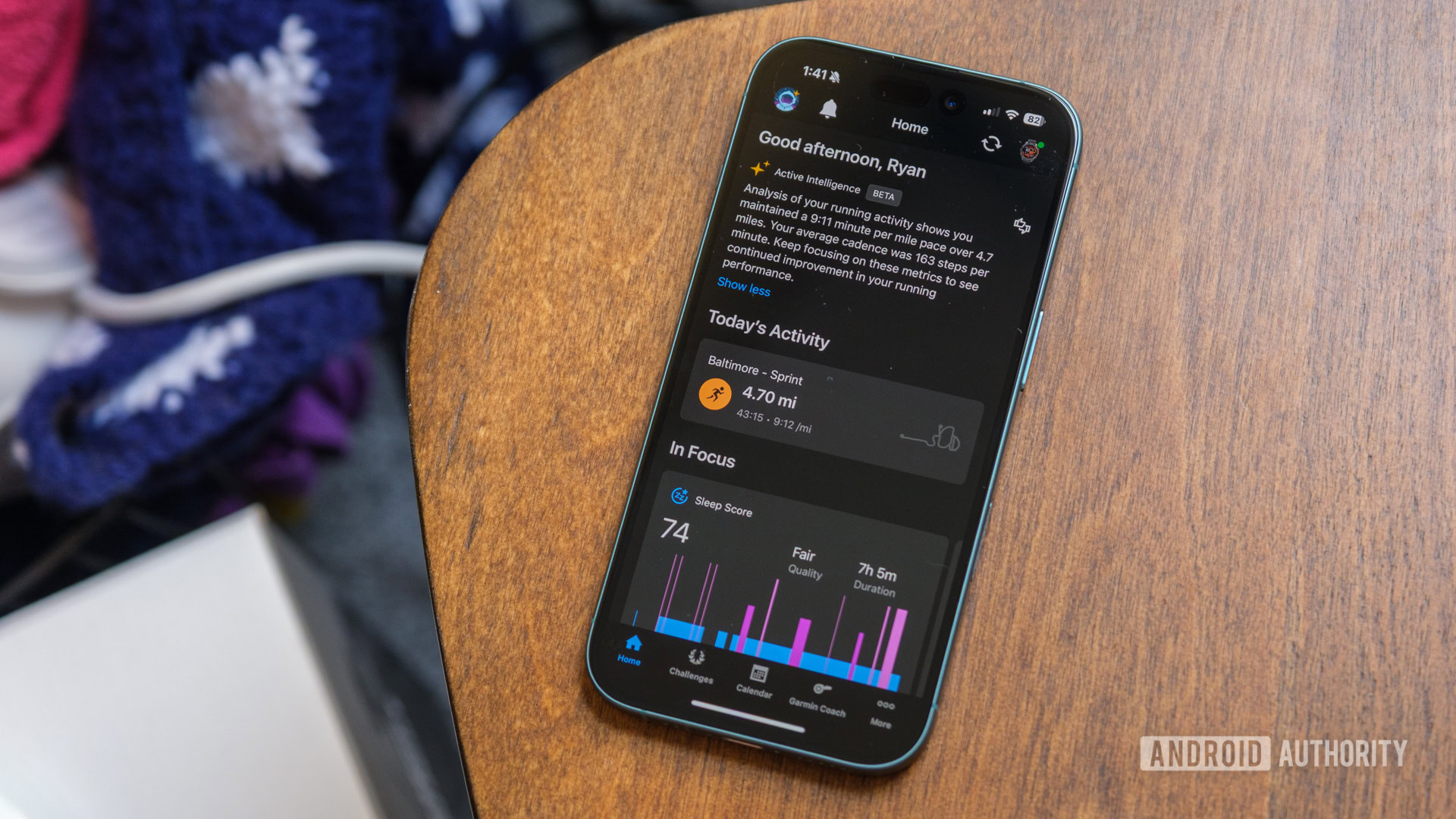





![What features do you get with Gemini Advanced? [April 2025]](https://i0.wp.com/9to5google.com/wp-content/uploads/sites/4/2024/02/gemini-advanced-cover.jpg?resize=1200%2C628&quality=82&strip=all&ssl=1)













![Apple Shares Official Trailer for 'Long Way Home' Starring Ewan McGregor and Charley Boorman [Video]](https://www.iclarified.com/images/news/97069/97069/97069-640.jpg)
![Apple Watch Series 10 Back On Sale for $299! [Lowest Price Ever]](https://www.iclarified.com/images/news/96657/96657/96657-640.jpg)
![EU Postpones Apple App Store Fines Amid Tariff Negotiations [Report]](https://www.iclarified.com/images/news/97068/97068/97068-640.jpg)
![Apple Slips to Fifth in China's Smartphone Market with 9% Decline [Report]](https://www.iclarified.com/images/news/97065/97065/97065-640.jpg)



































































































































